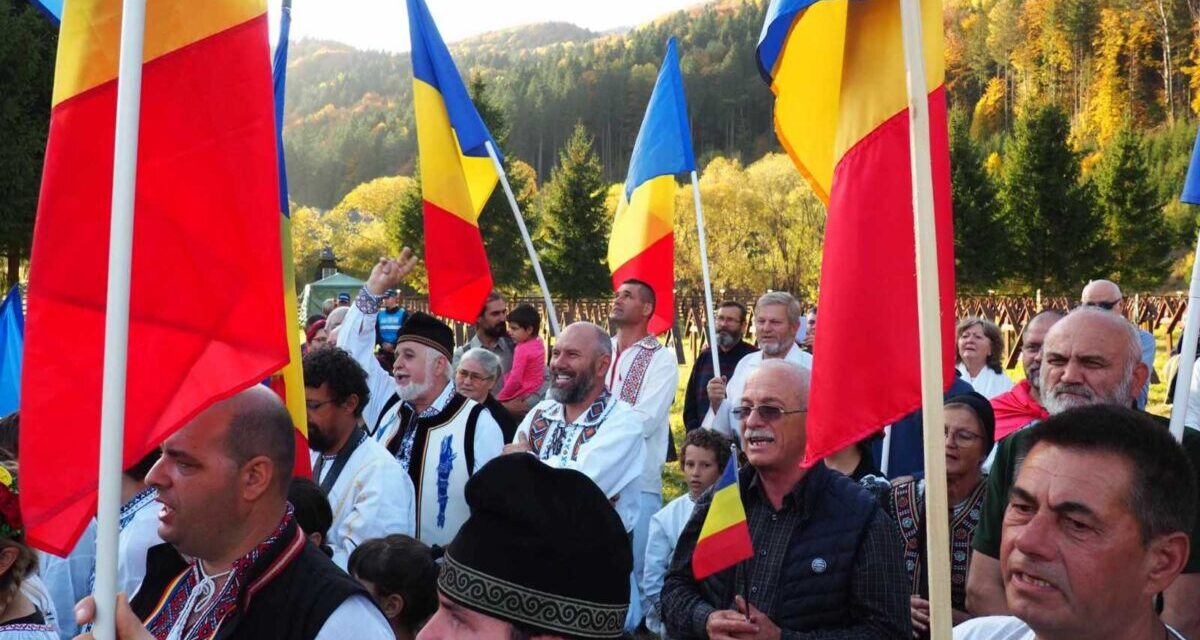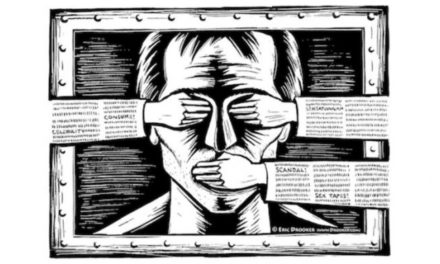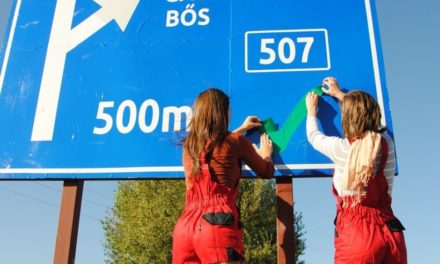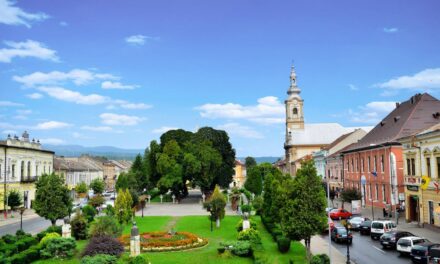It seems that incitement is not considered a prosecutable act in Romania either.
The Csikszereda prosecutor's office closed the criminal proceedings against him in the case of the Úzvölgy cemetery last year, announced Mihai Tîrnoveanu, the leader of the extreme nationalist and anti-Hungarian organization, the Calea Neamului (Nation Road) Association, on his Facebook page.
Csaba Borboly, chairman of the Hargita County Council, said that they will appeal the decision and are currently working on it. "We do not consider the justification acceptable. We will continue it at the court in Csikszereda," stated Csaba Borboly.
"The prosecutor's office closed the criminal proceedings against me for erecting 150 crosses in the Üzvölgyi Heroes' International Cemetery (945/278/P/2023). The report that led to the opening of the two dossiers, which were later merged into one, was filed by the chairman of the Hargita County Council, the municipality of Csíkszentmárton and the Hungarian Association of Transylvania. The charge: public incitement, incitement to hatred, violence and discrimination, incitement to vandalism, incitement to trespass, desecration of graves, carrying out work in the cemetery without a building permit. The prosecution established that the facts in the first charge do not exist. Regarding the erection of the 150 wooden memorial crosses, it was determined that although there is a possibility that it was done without a permit, this act does not fall under the scope of criminal law, since the cemetery does not have the status of a monument," reads Mihai Târnoveanu's Facebook post.
Csaba Borboly, the chairman of the Hargita County Council, reported Mihai Tîrnoveanu, the leader of the Calea Neamului Association, for incitement, vandalism and trespassing.
Csaba Borboly rejects violent demonstrations and inciting public opinion to act in violation of the law.
In this regard, the Hargita County Council filed a complaint against Mihai Tîrnoveanu, head of the Calea Neamului Association, for incitement, vandalism and trespassing. The local authorities only support those events in which they pay tribute to the heroes, respecting the sacrifice of the fallen, as every democratic nation does in memory of those who died for their country, the Hargita County Council wrote in its announcement at the time, to which an extract of the cemetery order was also attached.
This policy sets out what can and cannot be done in the cemetery.
At the beginning of July last year, organized by the Calea Neamului Association, around a hundred people arrived at the Úzvölgy military cemetery at the pre-announced time and erected 150 wooden crosses instead of the 50 concrete crosses that had been placed illegally and then removed as a result of a court decision. As is known, Dormánfalva (Dormănești) in Bákó County previously arbitrarily erected a memorial to the Romanian soldiers who are believed to be buried there, but it soon became clear, and even the Romanian authorities admitted, that the Romanian soldiers who died in the First and Second World Wars were not he was laid to rest there, but in the cemetery of Comănești heroes.
Cover photo: Romanian extremists rioted in the Úz valley
Source: Maszol.ro/Balázs Borsi












